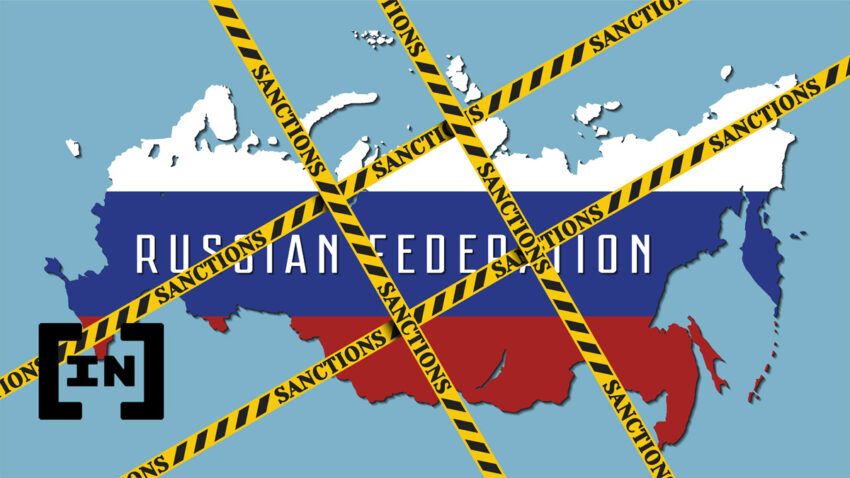Global financial regulators are carefully monitoring cryptocurrency transactions to ensure sanctions compliance against Russia.
The Financial Stability Board (FSB) consists of financial regulators, central banks, and finance ministry officials from the Group of 20 economies.
“We at the FSB are monitoring the situation, the conflict situation relative to cryptos,” Financial Stability Board secretariat member Patrick Armstrong told a conference in London.
In a bid to close any sanction loopholes, the European Union issued guidance on March 9 confirming that sanctions on Russia included crypto assets.
Additionally, the UK’s financial services minister John Glen said that the country’s regulatory efforts to bring crypto-related firms under its anti-money laundering regime would bolster current sanction compliance. “We think that these steps will actively support the government’s response to Russia’s invasion of Ukraine,” he said.
Unprecedented sanctions in place against Russia
Following Russia’s invasion of Ukraine, Western countries have imposed unprecedented economic sanctions against the aggressor country.
But as sanctions have made cryptocurrencies more appealing, prominent voices in the West have insisted that crypto exchanges restrict Russian users from their platforms. While many have complied, some have not.
Binance and Coinbase have refused to issue a blanket ban against Russians, insisting, however, that they comply with the sanctions.
Binance CEO Changpeng Zhao called blanket bans “unethical,” while Coinbase CEO Brian Armstrong acknowledged that cryptocurrencies act as a “lifeline” to many “ordinary Russians” at the moment.
Meanwhile, Ukraine has been able to raise more than $100 million in cryptocurrencies for military and humanitarian needs. According to a recent CoinShares report, the conflict is providing one of the first real-world use-cases demonstrating the legitimate potential of cryptocurrencies.
“[Bitcoin] has become a liquid, globally traded instrument that looks to be particularly attractive to those individuals who are in conflict zones or in the economic mire,” the report reads, adding that Ukrainian refugees have been utilizing cryptocurrencies due to their stability relative to domestic currencies and portability.
Disclaimer
In adherence to the Trust Project guidelines, BeInCrypto is committed to unbiased, transparent reporting. This news article aims to provide accurate, timely information. However, readers are advised to verify facts independently and consult with a professional before making any decisions based on this content. Please note that our Terms and Conditions, Privacy Policy, and Disclaimers have been updated.


